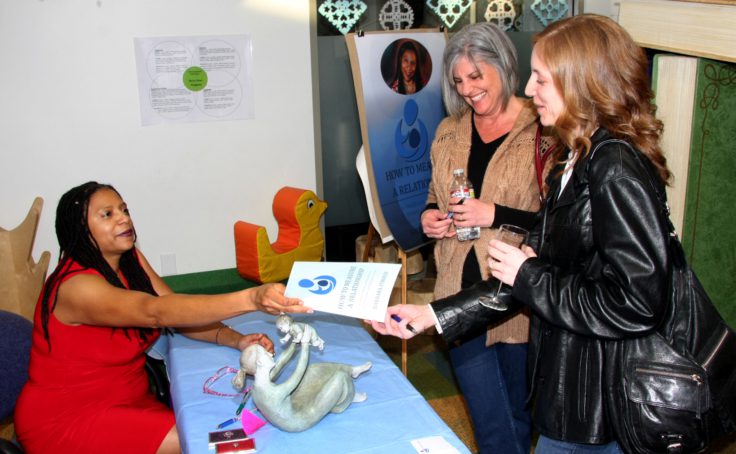What’s the hottest topic in the early childhood field?


Dr. Stroud is a licensed psychologist with over three decades worth of culturally informed clinical practice in early childhood development and mental health. She is a founding organizer and the inaugural president (2017-2019) of the California Association for Infant Mental Health, a ZERO TO THREE Fellow, and holds prestigious endorsements as an Infant and Family Mental Health Specialist/Reflective Practice Facilitator Mentor.
The fear of social emotional learning as a tool to increase equity and dismantle white supremacy. The Infant and Early Childhood Mental Health field is grounded in the promotion of healthy social emotional development, from the understanding that relationships thrive when individuals remain attuned to their emotional experience while concurrently aware of the emotional condition of the other. This encompasses one’s ability to hold the capacity for mentalization, theory of mind, reflective functioning, empathy, and/or compassion. Mature social emotional development enables the individual to take responsibility for their emotions in relation and reaction to the emotions, needs, and behaviors of another.
Compassion is the most advanced social emotional skill, as one must maintain awareness of their feelings, while simultaneously building awareness of another’s internal emotional condition. When we use a lens of compassion to fully embrace the experiences of another, we may feel both the joy and distress of another’s walk through an inequitable and at times unjust society. One’s reaction to another’s pain may produce distress, anger, guilt, shame, or fear in the observer. These strong and often dysregulating emotions may lead some to reject a lens of compassion and instead move through the world from an individual-focused perspective.
When we can truly understand ourselves and others, we are motivated to ensure that everyone has the resources to succeed.
Dr. Stroud
Social emotional skills are tools to build connection, community, and advance social justice. Compassion for another human being drives one to seek social change aimed at improving conditions for all people regardless of race, ability, gender identity, religion, citizenship status, and more. A society lacking compassion can easily create policies that are harmful to others, as leadership lacks the ability to not only see, but respect the complete spectrum of needs with in a diverse community. Rather they lead from a single-minded perspective vs. a lens which represents our diverse national and international community. When we can truly understand ourselves and others, we are motivated to ensure that everyone has the resources to succeed.

A former teen mother who put herself through the College of William & Mary with her three-month-old daughter in tow, Nicole now works every day to change the statistic that less than 2% of teen mothers will earn their degrees before age 30. Nicole has been featured on major news outlets including “Good Morning America,” CNN, “NBC Nightly News,” and The Washington Post. Nicole also serves as an Ascend National Advisor with the Aspen Institute and is a nationally known author and speaker. Her critically acclaimed book, Pregnant Girl, was released in May 2021 by Beacon Press.
The realization that investing in and improving access to early childhood education is investing in and improving access to economic mobility in this country, particularly for Black, Latinx, and Indigenous communities. For too long, the early childhood sector has been omitted from larger conversations about how families fare in this country and the impacts of America’s long-standing practices of racism and oppression. Early childhood educators are working with littles ones during the most formative years of their lives – a phase when they should be exposed to quality learning experiences including social emotional development that will build the foundation for their academic and career journeys. The fact that Black and Brown families have little to no access to these experiences for their children represents one of the earliest disenfranchisements in an individual’s life aside from the maternal mortality crisis for Black mothers.
Economic progress in this country can only go so far if we continue to disinvest in individuals beginning in their very first years of life, and that disinvestment extends to early childhood educators who are more likely to be women of color.
Nicole Lynn Lewis
On average, Black early educators make .78 cents less per hour than white early educators further distancing them from their own economic mobility. Today’s growing awareness around these connections is encouraging because when coupled with action, it can lead to a country where all families have a chance to experience stability and to thrive.

